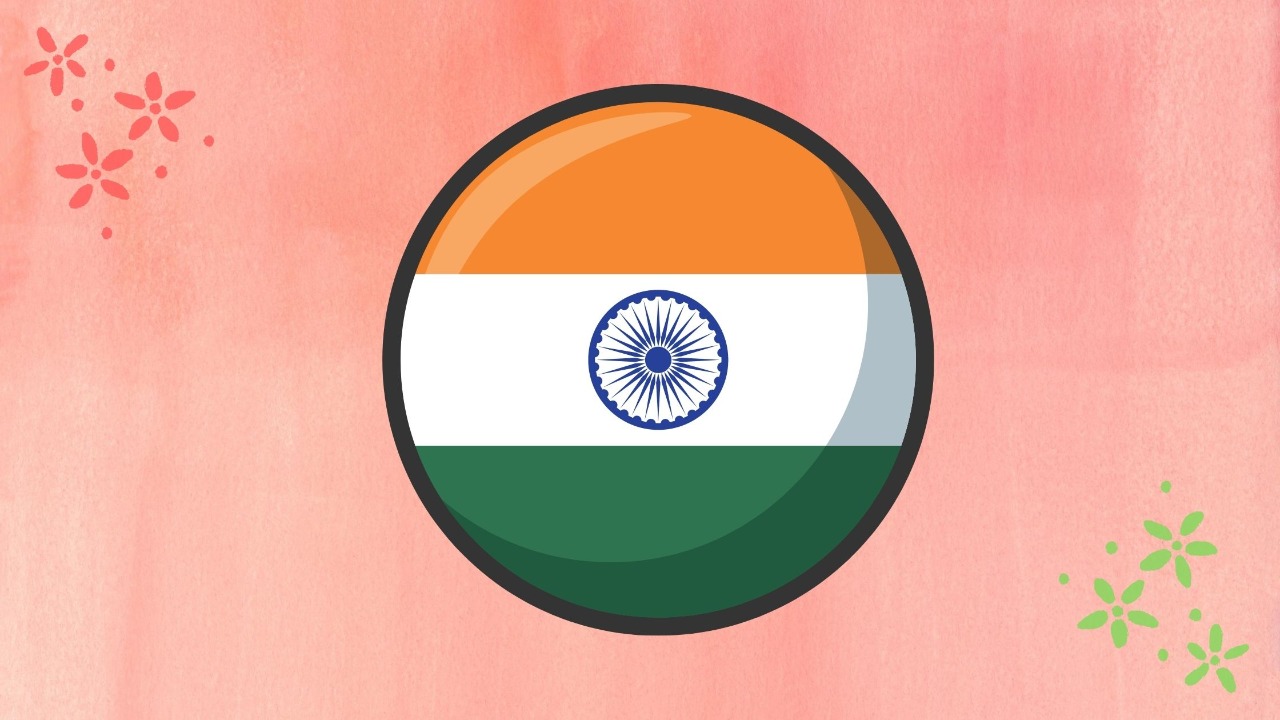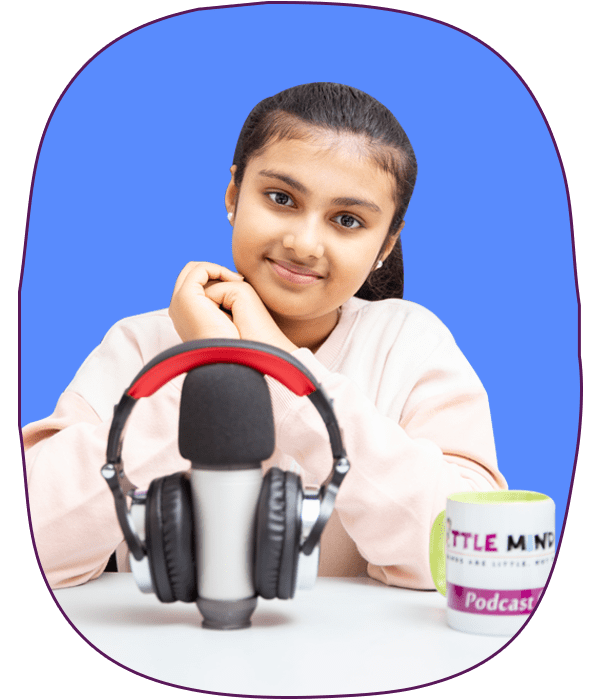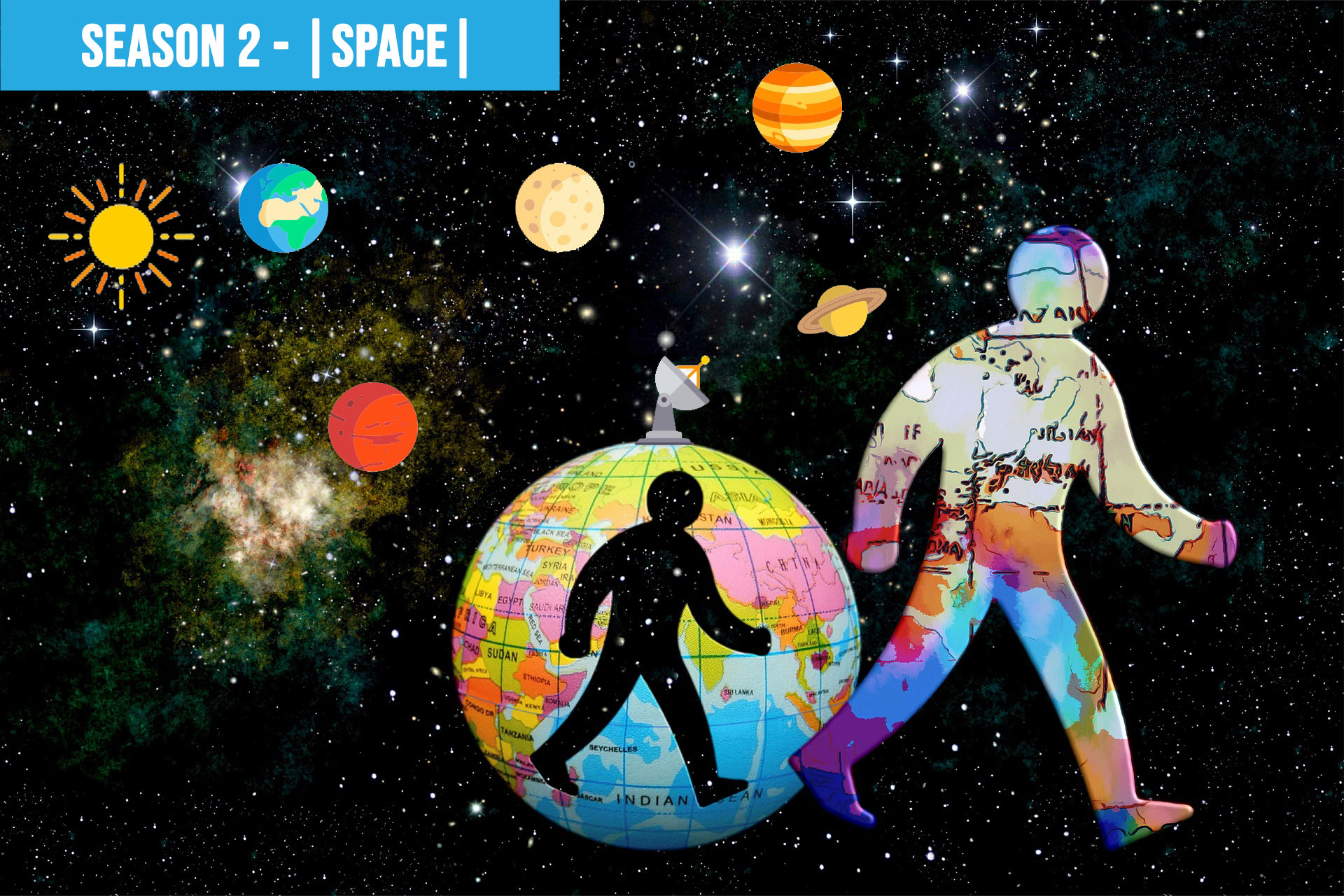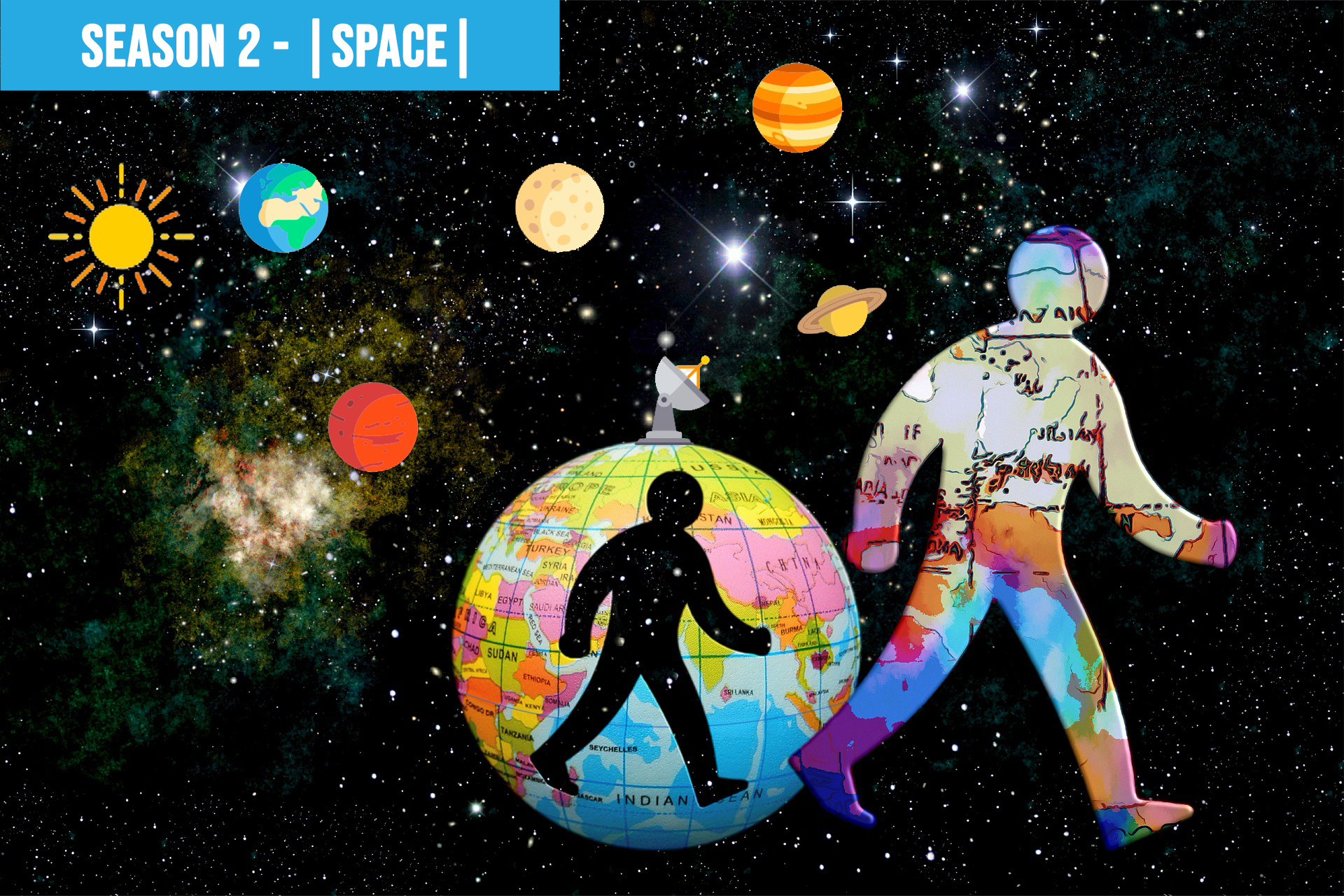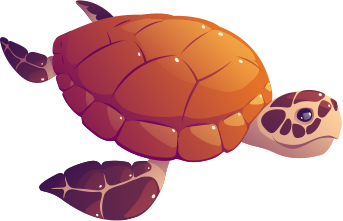Independence Day Special 2020
Transcripts
SEASON 2 INDEPENDENCE DAY SPECIAL 2020
[0.01] {Background Music}
[0.08] Siyona: Hello Again! I’m absolutely delighted to welcome you all to this episode of my podcast Little Mind Chats. Minds are little, Not our Thoughts. I’m your host Siyona. Well, well, well. What day is it today? August 15th and that’s one of the most celebrated days here in India. India completes 73 years since it achieved its Independence from the British. And so, it’s our 74th Independence Day.
[0.41] This day is celebrated as a national holiday in India symbolising the nation’s Independence after being ruled for 200 years by the British. On 15th August 1947, we got independence from them. Today, I choose to speak a few more important things like patriotism and ways to serve our country, to help us understand the subtle but important things we have with us Brigadier Amar deep Singh. He’s an Alumni of National Defence Academy, Pune and the Indian Military Academy, Dehradun.
[1.20] Siyona: He’s a paratrooper and served in the Indian Army for 32years before retirement. There’s something cooler about him. He’s fought in the Kargil war and even received an award. Can I get any more exciting than that? Yes, it can! He’s a national level squash player, Rider, cricketer and a skydiver. Hang on! A skydiver?? My Oh My! Not one or two… He’s done 137 para jumps and skydives. Phew! I mean that’s a lot of para jumps and sky dives. But you think that’s all, then you’re wrong because now he’s working as the CEO of a security company.
[2.09] Siyona: Hello Brigadier Amar deep Singh, welcome to my podcast.
[2.14] Brigadier: Hello Siyona. Thank you for inviting me to be on your podcast today. It’s my pleasure to be here with you.
[2.23] Siyona: Thank you. How are you doing today?
[2.27] Brigadier: I’m very good. Thank you very much.
[2.31] Siyona: That’s great. Then, we are good to start. I’m very curious to know if “Independence Day is still relevant after 73 years?”
[2.42] Brigadier: Well. Yes. It is and it shall continue to be relevant till times in memorial. Over the very simple reason, that we attained our Independence from the British on this day and we had our own Constitution written thereafter and we became an independent country. Now before I say anything else let me run you through a little bit of our history. Alright?
[3.11] Siyona: Okay. I’m very keen to hear about it.
[3.15] Brigadier: Now, before the British came, India was a huge land, but it was not one country. It was constituted of a number of Princely states, kingdoms big and small. But yes, what was common amongst all was the common culture and the value system and their beliefs, including religious beliefs. Alright? Now, when the British came, they initially came along with so many other Europeans and foreigners who used to come to trade with India. India is along with China, the oldest Civilization in the world.
[4.04] Brigadier: We were far advanced than anybody else in terms of so many things which included education, manufacturing and so on. Now, if we talk of education, Nalanda University is still considered the oldest university in the world. It predates any other university.
[4.31] Siyona: Oh, that’s very good to know.
[4.33] Brigadier: Now, when the foreigners came, they came to trade. India was the producer of the best cloth in the world at that point of time. We had huge, richest of gold, silver diamonds and other precious stone with we used to trade.
[4.54] Siyona: Oh…
[4.55] Brigadier: Along with that, we also used to trade and provide spices to the whole world. However, the British, they came and they established something which is known as the East India Company at Calcutta and from there they started expanding. Soon they had eyes on the entire landmass, because they realise the wealth of this country is immense and they wanted to take as much as the wealth of the wealth possible. So, what they did? They slowly started creating presidencies or residences in the name of the King of England and they started ruling over us. We Indians have been a very peaceful nation and they did not really put up a fight. Why because, they were no reason to fight. And unfortunately, the Britishers decided to rule upon India. And soon, they became brutal, they became strict and they became difficult. And they started mistreating the people of our country.
[6.16] Brigadier: This led to a thought process in the minds of the people. That look, we do not have the freedom to practice and to do what we want. And therefore, all these small and big kingdoms and Kings and other princely States, they decided to get together and decided to revolt against the British and they wanted them to go and leave our country.
[6.44] Brigadier: This was a struggle which was there for a very long time. I’m sure you have heard of Mahatma Gandhi.
[6.51] Siyona: Oh yes. I have.
[6.54] Brigadier: He also started this movement whereby quit India movement was started and Quit India was meant for the British. After a lot of struggle, on 15th of August 1947 the Britishers ended over the reins of our country to us. In the meantime, what had happened was that all the princely states had decided to get together and they agreed to form one country and that is how India was born on 15th of August 1947 as an independent country. That is the significance of the Independence Day. Irrespective of which region these kingdoms and princely states were from, whether it was the eastern part of the country, the southern part of the country, the western or the northern all put together everybody put their differences aside and they joined hands and we became an independent India on this day.
[8.06] Siyona: Wow, that must have been a struggle for our ancestors. Thanks for telling us this history.
[8.14] Siyona: “Why is patriotism linked with Independence Day? Is it not an everyday thing? “
[8.22] Brigadier: Right, it’s a very good question Siyona that you have asked me. Well, let me put it this way. You know when we were different kingdoms, small, small kingdoms everybody was only worried about his own kingdom. They weren’t too worried about what was happening across the borders of their kingdom. Right? Whether those guys were better off than us, whether they were living better, whether they had some problems or whether they were happy, we couldn’t care less.
[8.41] Brigadier: Each one was thinking about his own self. But once we all came together, we put aside our differences of language, of culture, of food habits and we decided that we are One and we united and therefore we immediately decided that we must celebrate everything as one. And therefore, the question of patriotism comes in. Now before I answer that, I must tell you what is Patriotism. Patriotism is a feeling of love, pride and happiness in being Indian. When I say Indian, I am talking of India. Otherwise to whichever country you belong to and feeling of pride of being of that country. So, if you are an Indian, and you know the kind of struggles we have gone through to achieve our Independence. I’m sure you would be proud of our ancestors, our predecessors who have sacrificed so much to bring about peace and independence to our country. That is why patriotism is linked with Independence Day.
[10.18] Siyona: That’s so beautifully described. Thank you. “Does it matter if I’m patriotic or not in my age? What can we do to improve it?”
[10.30] Brigadier: Oh. Alright. I would like to ask a counter question first. How do you know that you’re not patriotic? Now, to answer this question let me ask you a few questions. First thing is are you proud to be an Indian?
[10.48] Siyona: Yeah. Of course, I am.
[10.50] Brigadier: I’m sure you are. Alright. So, when you see the Indian flag flattering on a flag post somewhere, do you feel happy, do you feel proud?
[11.00] Siyona: I just feel peaceful. And just a bit happy and proud.
[11.05] Brigadier: As long as you are feeling happy to see it, that means you are patriotic. When you see the Indian Army people or you see a parade, do you feel proud, do you feel happy?
[11.18] Siyona: I feel like saluting those people.
[11.21] Brigadier: Oh. Wonderful. And do you know why you feel like saluting those people? Because you respect them, you are proud of them, and that happens only because you are patriotic. Patriotism doesn’t mean that you go about shouting slogans. It means that you are proud to be an Indian, and you like whatever is happening around you especially those people who do so much for your country’s protection. Especially the armed forces. I’m from the armed forces. So therefore, I focused a little more this side. But then at the same time you are highly patriotic if you are a doctor and you are taking care of the sick of our country. If you are a teacher, you’re teaching the children of our country. If you are a government servant, you are providing the service whereby the administration of the country runs properly. Right? Whether it is running the buses, the trains or any aspect of the government function. So, you are patriotic without even knowing that you are patriotic.
[12.36] Siyona: Does that mean that I’m patriotic too?
[12.39] Brigadier: Yes. You are.
[12.41] Siyona: That is surprising. It’s kind of funny like you don’t know if you are patriotic or not and then somebody just comes and tells you that you are patriotic.
[12.53] Brigadier: It’s only a question of understanding what is patriotism. As I said patriotism is taking pride in your country, being happy in your country and doing everything which a good citizen should do to help develop the country and I’m sure you’re doing all that.
[13.12] Siyona: But I’m sure I can do more.
[13.14] Brigadier: Good.
[13.15] Siyona: You served so long in the army for our country. “What’s the proudest moment for you?”
[13.23] Brigadier: Oh well. Every day that I spent in the service of my country was a day of pride for me. But then to be more specific to your question, which was the most proud moment for me. When I was chosen to go to war in the Kargil war and I was given a very, very important task where in I had to set up a base to receive more tropes who were supposed to go up and I was given 4 days’ time to set it up but I will able to do it in just one day. I felt so proud, I felt so happy because my men, my officers who were under me we were able to work so efficiently and we just set it up in just one day instead of four.
[14.21] Siyona: That is surprising like they gave you so long but you just finished it in quarter the time they gave you.
[14.29] Brigadier: Yes. So that is why it was a very proud moment for me, I think the proudest moment for me because that was such an important task the entire war effort depended on it. If I could not do my job maybe my men, the Indian Army may not have had the kind of success as we had during Kargil war. So therefore, I am very proud of the fact that I was the one who was chosen to do that task and I was able to do it well within the given time.
[15.01] Siyona: Yeah and about how you got chosen do they choose specific soldiers from the army when they’re going into a war?
[15.10] Brigadier: Yes. You know all the soldiers; all the men are trained to do a war. However, when certain very important assignment is supposed to be given, which have great significance, then we choose specific people whom they think are capable of delivering the results. So that is why when I was chosen, I was extremely happy and it was a great and a proud moment for me.
[15.40] Siyona: Wow. That’s super inspiring.
[15.43] Brigadier: Thank you very much.
[15.45] Siyona: “What’s the best way for us to serve our country when we grow up?”
[15.52] Brigadier: Oh. Wow. I must say Siyona, you are a very far thinking young lady. And I have no doubts that whatever you do when you grow up, you will be doing a great service to the country.
[16.06] Brigadier: Now, the question is what is the best way for us to serve our country. Starting from now, you are a young girl who goes to school. Your first duty today onwards is to be sincere to your studies and to your physical well-being. Play hard, work hard, study hard. Along with that be good children, be disciplined, listen to your parents, listen to your teachers and when you grow up, choose your own profession and work hard towards it and achieve all the glory which will come with it. Because, each and every one of us server the nation when we choose to do what we want to do. If you are a doctor, well you are taking care of the sick of the nation. That’s serving the nation. If you are a teacher, as I said earlier you are teaching the children to grow up into responsible adults. You want to become a sports person, you’re gonna win medals for the country, you are going to bring glory to the country. You wanna become a chef, so be it. You shall be a well know chef. you will be teaching people you will be feeding the people and creating new dishes. Which again in itself is a great art. So, as I said no matter what profession you choose, do it sincerely and do it well. That is how you serve your country.
[17.50] Siyona: Yeah. Well, I want to become a zoologist when I grow up and to serve my country with my profession, I want to preserve the biodiversity in India.
[18.02] Brigadier: Wonderful. Wonderful. India is a country which definitely needs professionals who will preserve the biodiversity of the nation. We are the one simple reason we are a huge population. The pressure on the land is so much. People are using up the natural resources and they’re unmindful of what is right and what is wrong at times. So therefore, we need people. India is a great place. We have a very rich biodiversity. But if we do not take care, we will lose so many species of plants and animals and insects. Which we should not.
[18.45] Brigadier: And therefore, I think it’s a very, very noble profession that you thinking of. You must become a conservationist after completing your studies with zoology. And I’m sure we will be seeing a lot more of you when you grow up in your chosen field and you’ll be doing a great service to the nation. Wonderful indeed.
[19.11] Siyona: Thank you. I’m not sure about all you guys listening out there, but this interview has been one of the most inspirational one for me so far. Thanks so much for coming in and teaching a lesson or two about patriotism Brigadier Amar Deep Singh! I really appreciate it.
[19.32] Brigadier: Thank you very much Siyona. It was absolutely my pleasure to be on your podcast and if I have been able to contribute something positive for you and your friends who are her. It’s a proud moment for me again. Then I wish you all the best. Good luck and God bless.
[19.54] Siyona: Thank you. For those of you who still haven’t started, there’s still time for you to grow something and send in your entries by 28th for our monthly competition, Grow your Greens. Do not forget to follow us on Facebook, Instagram and Twitter.
[20.12] Siyona: Oh. And before we end this episode, here’s a little note. Our next episode will be on Sunday the 23rd with another very interesting topic about space. Universe and Blackholes.
[20.24] Siyona: That brings us to the end of this episode. Bolo Bharath Matha Ki Jai.
[20.31] Brigadier: Bharath Matha Ki Jai.
Other Interesting Episodes
08 Aug-20. by Admin
Solar System – Part 1
22 Aug-20. by Siyona
020: Universe and Black Holes – Part 1
No Comment Found..

